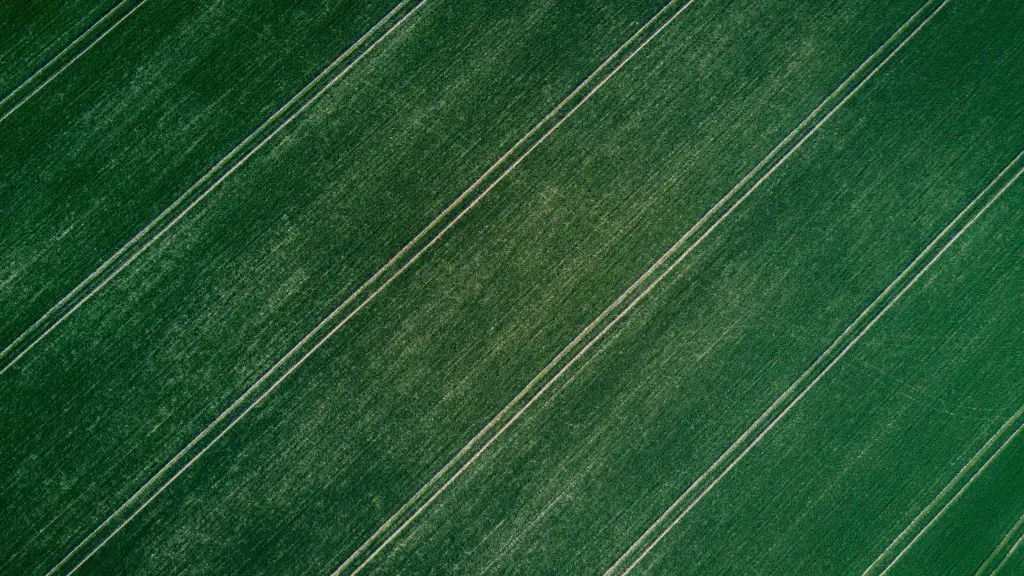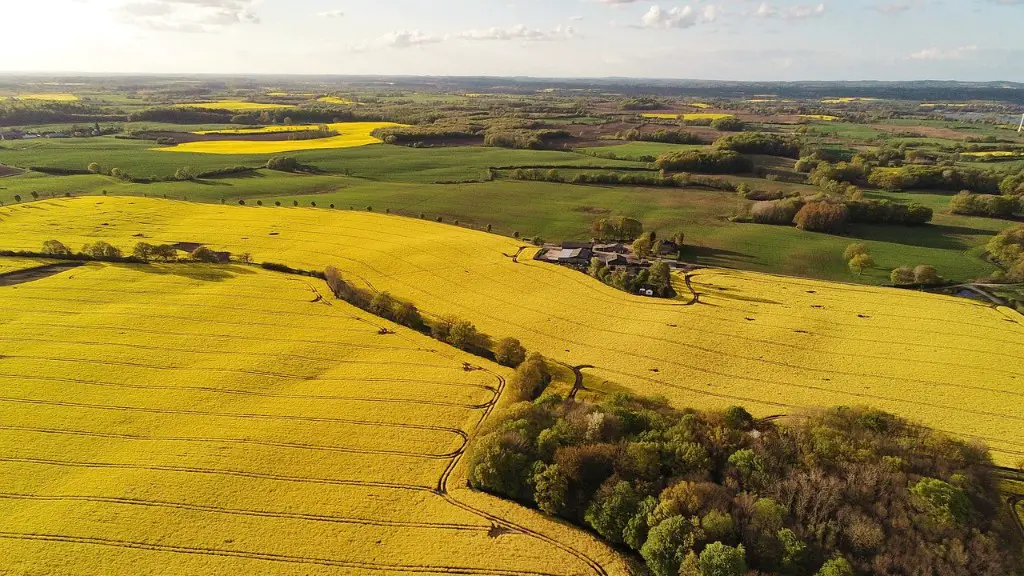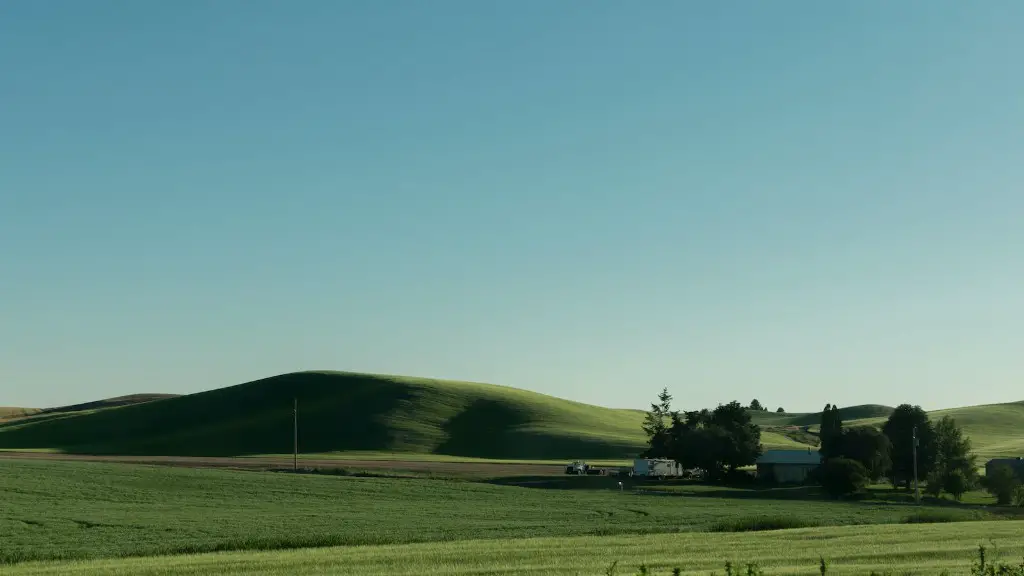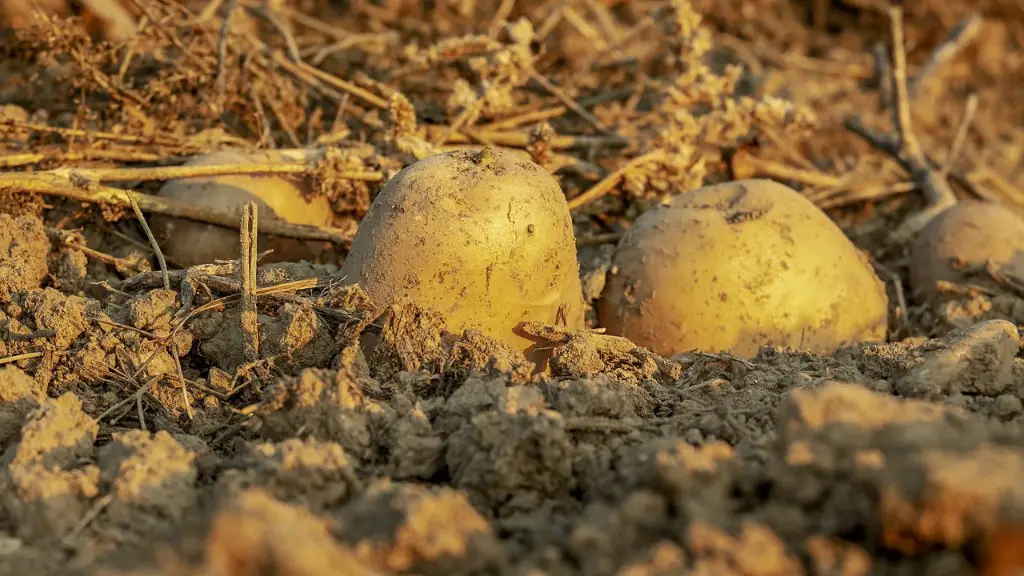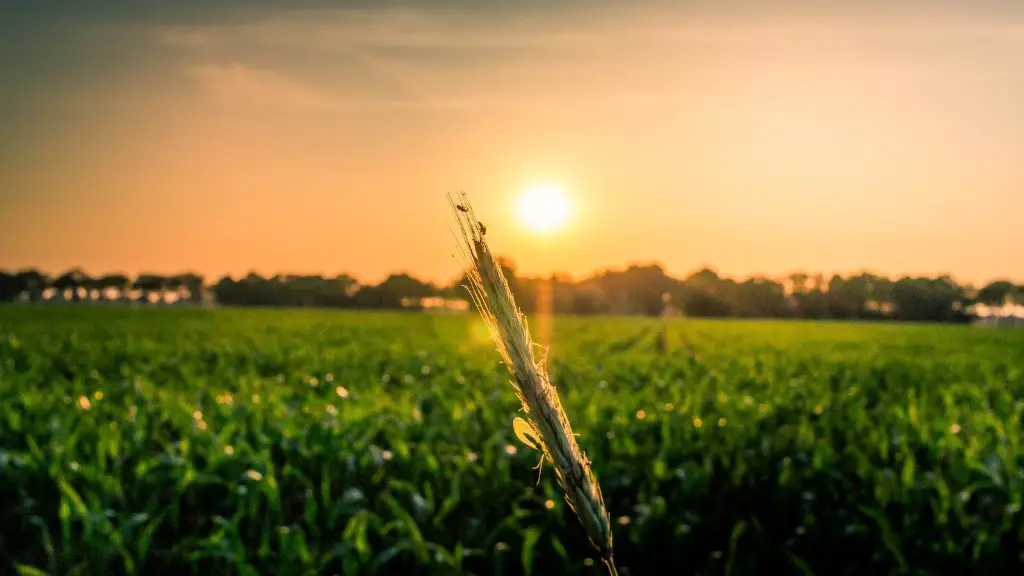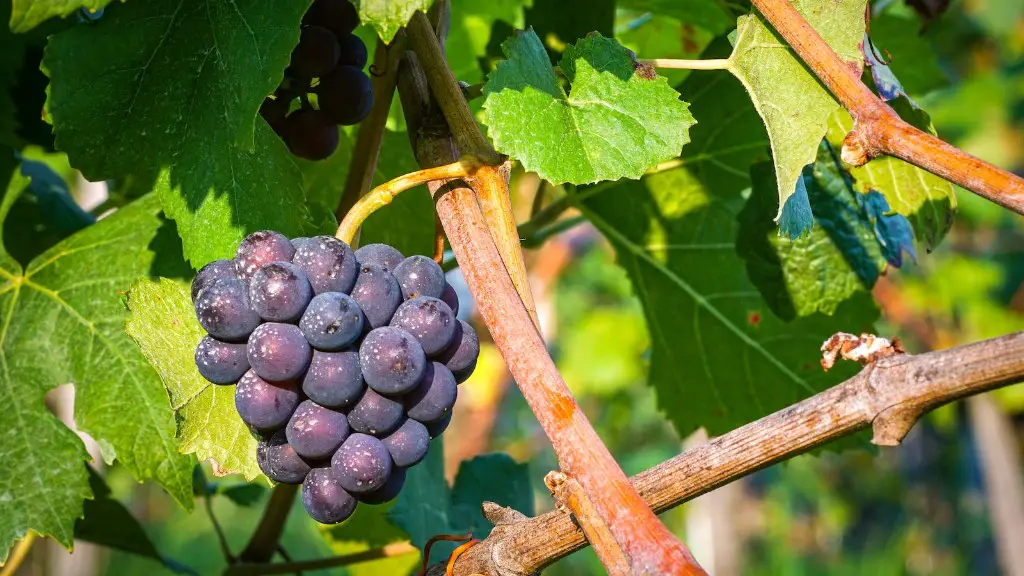The Earth’s water is a finite resource. Anyone who has ever been in a drought-prone area can attest to the importance of water conservation. Agriculture is one of the world’s largest consumers of water, so it is crucial that farmers do their part to conserve this precious resource.
There are many ways that farmers can conserve water. One is to irrigation. When irrigation is done properly, it can reduce water wastage by as much as 50%. Other ways to conserve water on the farm include using drought-resistant crops, using cover crops, and reducing tillage.
Water conservation is not only good for the environment, it is also good for business. Water-efficient farms can save money on irrigation costs and can even increase crop yields. So, for the sake of the planet and for the sake of their bottom line, farmers should do everything they can to conserve water.
There are many ways that agriculture can conserve water, including:
– Using irrigation methods that are more efficient, such as drip irrigation
– Planting drought-resistant crops
– Implementing water conservation practices on the farm, such as water storage and reuse
How can agriculture improve water quality?
Farmers can reduce NPS pollution from irrigation by improving water use efficiency. They can measure actual crop needs and apply only the amount of water required. Farmers may also choose to convert irrigation systems to higher efficiency equipment. These methods will help to reduce the amount of water and pollutants that run off of farmlands and into our waterways.
There are a few ways to increase the efficiency of moisture management in soil:
-Reduce tillage: Tillage can cause soil compaction, which reduces the ability of the soil to absorb water.
-Use cover crops: Cover crops can help reduce evaporation and runoff.
-Mulch: Mulching can help reduce evaporation and keep soil cooler.
-Irrigate: Irrigating can help keep soil moist and reduce stress on plants.
By using these techniques, farmers can help reduce the amount of water that is lost to evaporation and runoff. This will help to improve crop yields and water use efficiency.
What does agriculture do to water
Agricultural contaminants can impair the quality of surface water and groundwater. Fertilizers and pesticides can runoff and infiltrate into local streams, rivers, and groundwater, contaminating the water. This can lead to serious water quality problems, including impairing the quality of drinking water.
Water conservation is a very important issue that we need to be aware of in order to help alleviate the impending shortages of water. There are many things we can do to help conserve water such as:
– Checking our toilets for leaks
– Stopping the use of our toilets as an ashtray or wastebasket
– Putting a plastic bottle in our toilet tank
– Taking shorter showers
– Installing water-saving shower heads or flow restrictors
– Taking baths
How can farming solve water problems?
Water is a critical resource for agriculture and food security. Paths for action to improve water management in agriculture range from investing in water-harvesting and conservation in rainfed areas to rehabilitating and modernizing sustainable irrigation systems in irrigated areas.
Water harvesting and conservation measures can help to improve water availability in rainfed areas, where agriculture is often dependent on rainfall. Such measures can include construction of small dams and reservoirs, recharge of groundwater aquifers, and planting of trees and shrubs to help regulate the water cycle.
In irrigated agriculture, where water is supplied to crops through canals, pipes, or pumps, improving water management can involve rehabilitating and modernizing irrigation systems to reduce wastage and improve efficiency. This can involve investments in upgrading infrastructure, repairing and maintaining canals and pipes, and installing new irrigation technologies.
Applying fertilizers in the proper amount, at the right time of year and with the right method can significantly reduce how much fertilizer reaches water bodies. Keeping animals and their waste out of streams keeps nitrogen and phosphorus out of the water and protects stream banks.
How do modern farmers conserve water?
Drip irrigation is a great way to save water, especially when compared to traditional irrigation methods. With drip irrigation, water is delivered directly to the plant’s roots, so less water is lost to evaporation. This can save up to 80% more water than other methods.
1. Turn the tap off while brushing your teeth
2. Have shorter showers
3. Fix any drips in your taps
4. Use a watering can to water your plants rather than a hose
5. Use a bucket to wash your car instead of a hose
6. Use a bowl to wash your hands rather than leaving the tap running
7. Only fill up your kettle with as much water as you need
8. Don’t leave the tap running while you’re washing up
9. Collect rainwater in a water butt to water your plants
10. When cooking, only boil as much water as you need
What are 3 ways you can conserve water
It is estimated that the average family uses 300 gallons of water per day. There are many ways to conserve water and save money on your water bill.
Here are some tips:
-Never use your toilet as a waste basket.
-Do not let the water run while shaving or brushing teeth.
-Take short showers instead of tub baths. If you must use a tub, close the drain before turning on the water and fill the tub only half full.
-Check for leaks in your home and repair them promptly. A small drip from a faucet can waste up to 20 gallons of water per day.
-Install water-saving showerheads and low-flow faucet aerators.
-Only wash full loads of laundry and dishes.
-Use the garbage disposal sparingly. Compost food waste instead.
– water your plants during the cooler hours of the day to minimize evaporation.
– Collect rainwater in a rain barrel to water your plants.
– Make a habit of conserving water and it will become second nature. Every little bit helps!
There are a number of ways to save water in your home, which can help to reduce your water bill and help to protect this important natural resource. Here are some tips:
• Take a minute off your shower – this can save up to 10 gallons of water.
• Brushing your teeth with the tap off can save up to 2 gallons of water.
• Going easy with the hose when watering your garden can save up to hundreds of gallons of water.
• Fixing any leaks in your home can save up to 20 gallons of water per day.
• Scraping plates instead of rinsing them, before putting them in the dishwasher can save up to 5 gallons of water.
• Placing a plug or container in the sink when preparing vegetables, washing fruit or washing dishes can save up to 3 gallons of water.
What are some methods farmers have used to conserve water?
If you want to repair leaks in your irrigation system, you will need to select a more efficient irrigation system. You can also improve the sprinkler irrigation efficiency by finding your maximum irrigation set time and knowing your crop’s water requirements. Additionally, you can use a soil moisture monitoring device to adjust operating parameters under different conditions. Finally, you should refrain from irrigating during hot windy weather.
1. Use a displacement device (a water-filled bottle) in the toilet tank to reduce the amount of water required to flush
2. Use toilet only for its intended purpose
3. Repair leaky taps or toilets immediately
4. Consider a small capacity toilet when replacing an old one
5. Take shorter showers
6. Turn the tap off while brushing your teeth
7. Collect rainwater in a rain barrel
8. Use a broom instead of a hose to clean your driveway or sidewalk
9. Water your plants during the cooler hours of the day
10. Install a low-flow showerhead
11. Use a dishwasher instead of washing dishes by hand
12. Run the washing machine and dishwasher only when they are full
13. Xeric or native plants require less watering
14. Group plants together based on their water needs
15. Use mulch to help retain moisture in the soil
16. Water your lawn only when it is necessary
17. aerate your lawn to improve water absorption
18. Use a soaker hose instead of a sprinkler
19. Check for leaks and repair them promptly
20. Follow your municipality’s water restrictions
What are 7 informative ways to conserve water
With water being such an important resource, it is critical that we do everything we can to conserve it. Here are 7 ways that you can save water:
1) Water your lawn only 1-2 times per week.
2) Avoid watering your lawn between the hours of 9am and 5pm.
3) Check your plumbing for leaks.
4) Install water-efficient fixtures.
5) Take shorter showers.
6) Put a nozzle on your garden hose.
7) Don’t let the faucet run and run.
One way to conserve water is to take shorter showers instead of baths. You can also save water by turning off the water while you brush your teeth, shave, or soap up in the shower. Another way to conserve water is to fill the sink when you shave instead of letting the water run. Finally, you can repair leaky toilets to save even more water.
What is the best water conservation method?
A little water conservation methods that can be practised by individuals to reduce the wastage of water are provided below:
Installing flow-restricting shower heads to save water during showers.
Taking bucket-baths instead of showers.
Turning off the tap while shaving or brushing teeth.
One way to conserve water is to keep the tap closed when not in use. Check for the openings or leaks in water distribution pipes and make sure to use collected rainwater for gardening or washing purpose. Always have a measure of how many buckets of water is wasted in a day and try to reduce.
Final Words
How can agriculture conserve water?
Water is a vital resource for agriculture, and conserving water is essential to sustaining this sector. There are a number of ways in which farmers and other agricultural professionals can conserve water. One way is to use irrigation systems that are more efficient. Another way to conserve water is to use cover crops, which can help reduce evaporation and runoff. Finally, good soil management practices can help reduce the amount of water that is needed for crops.
Many farmers are using new technology and methods to conserve water in agriculture. By using these new methods, farmers can help to conserve water and reduce the amount of water used in agriculture.
